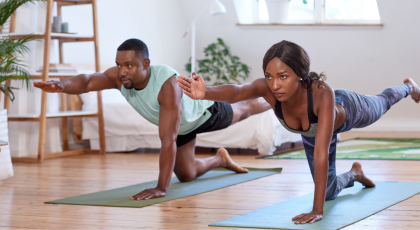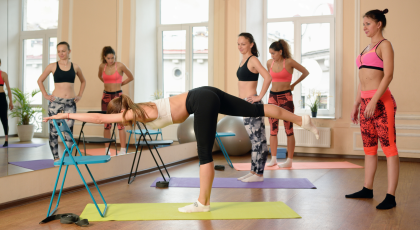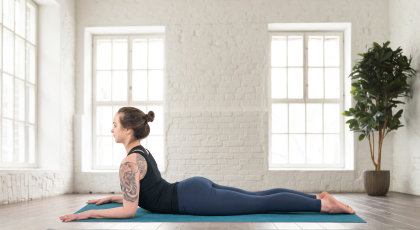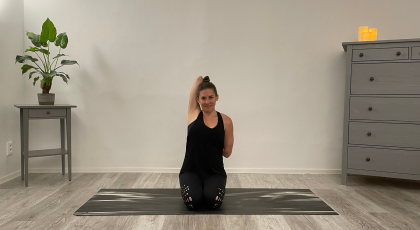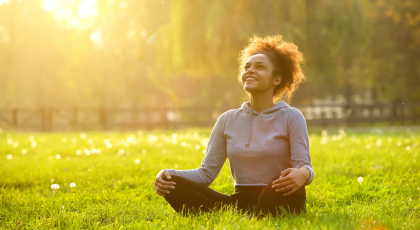View basket (0 items $0.00)

Practicing Gratitude for Our Blessings, Big and Small
My favorite holiday is coming up. No, it isn’t Christmas. That holiday is associated with too many unpleasant childhood memories of dysfunctional extended family members and parental fights over money, coupled with the ever-growing consumerism surrounding what’s supposed to be a spiritual time of year.
Thanksgiving is my favorite holiday. I love fall (it’s my birthday season!). I love the colors— the russets, golds, and oranges of the leaves that show up in our clothing and home décor. I love those days where the sun is bright in the afternoon and the air is crisp, perfect for a walk outside.
Growing up, Thanksgiving was a happy time when we got together with family to just enjoy our blessings. There was always plenty to eat, even if my dad was laid off or the union was on strike. There were eight of us around the table and my mother would ask us to share something we were thankful for. We were just kids so of course, our responses reflected our age and, as teens, often said dismissively: “I’m glad I got an A on my test” or “I’m glad I have friends to play hockey with.”
As I got older, wiser, more experienced, and aware, my responses became more heartfelt. But I think it’s only in the past few years that I’ve really started consciously practicing gratitude throughout the year. And I’ve been seeing and feeling the difference it makes in my life.
Developing a Grateful Mindset
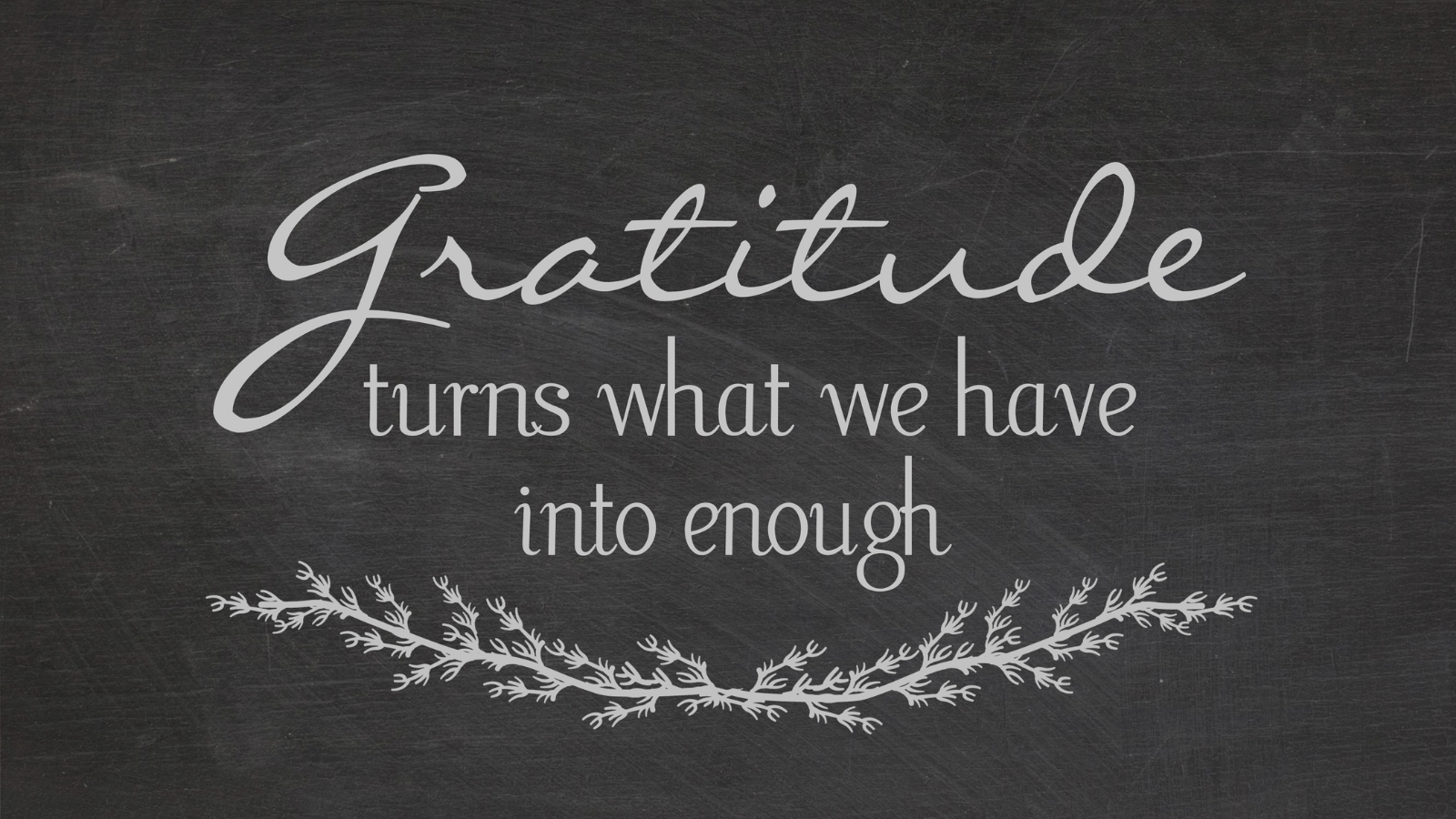
Deborah Adele, author of The Yamas & Niyamas: Exploring Yoga’s Ethical Practice, links gratitude with contentment. She recounts how she had visited a friend and was overcome by the beauty and location of her home. “The rumblings of discontent had begun.”
She had started the day in meditation and practicing gratitude for her life but allowed envy to enter her heart. “Practicing gratitude protects us from our own pettiness and smallness and keeps us centered in joy and abundance of our own life.”
We can all relate to these feelings of envy that eat away at us but leave us blind to the goodness in our own lives.
Robert Emmons is a professor of psychology at UC Davis and a leading scientific expert on the science of gratitude. The author of Thanks! How the New Science of Gratitude Can Make You Happier, he has conducted years of research on how gratitude affects our life, makes us happier, and what we can do to develop a gratitude mindset.
The Benefits of Practicing Gratitude

His studies have shown that people who consistently practice gratitude reap many physical, psychological, and social benefits such as:
-
lower blood pressure
-
a stronger immune system
-
longer and more restful sleep
-
more optimism
-
more compassion
-
more forgiveness toward others and themselves
-
less loneliness and feelings of isolation
(Sounds like the benefits of yoga, right?)
Emmons has found several transformative effects on people’s lives but one, in particular, stood out for me: gratitude allows us to celebrate the present. “In effect,” he says, “I think gratitude allows us to participate more in life. We notice the positives more, and that magnifies the pleasures you get from life. Instead of adapting to goodness, we celebrate goodness. We spend so much time watching things—movies, computer screens, sports—but with gratitude, we become greater participants in our lives as opposed to spectators.”
Practicing Gratitude: How to Develop a Gratitude Attitude
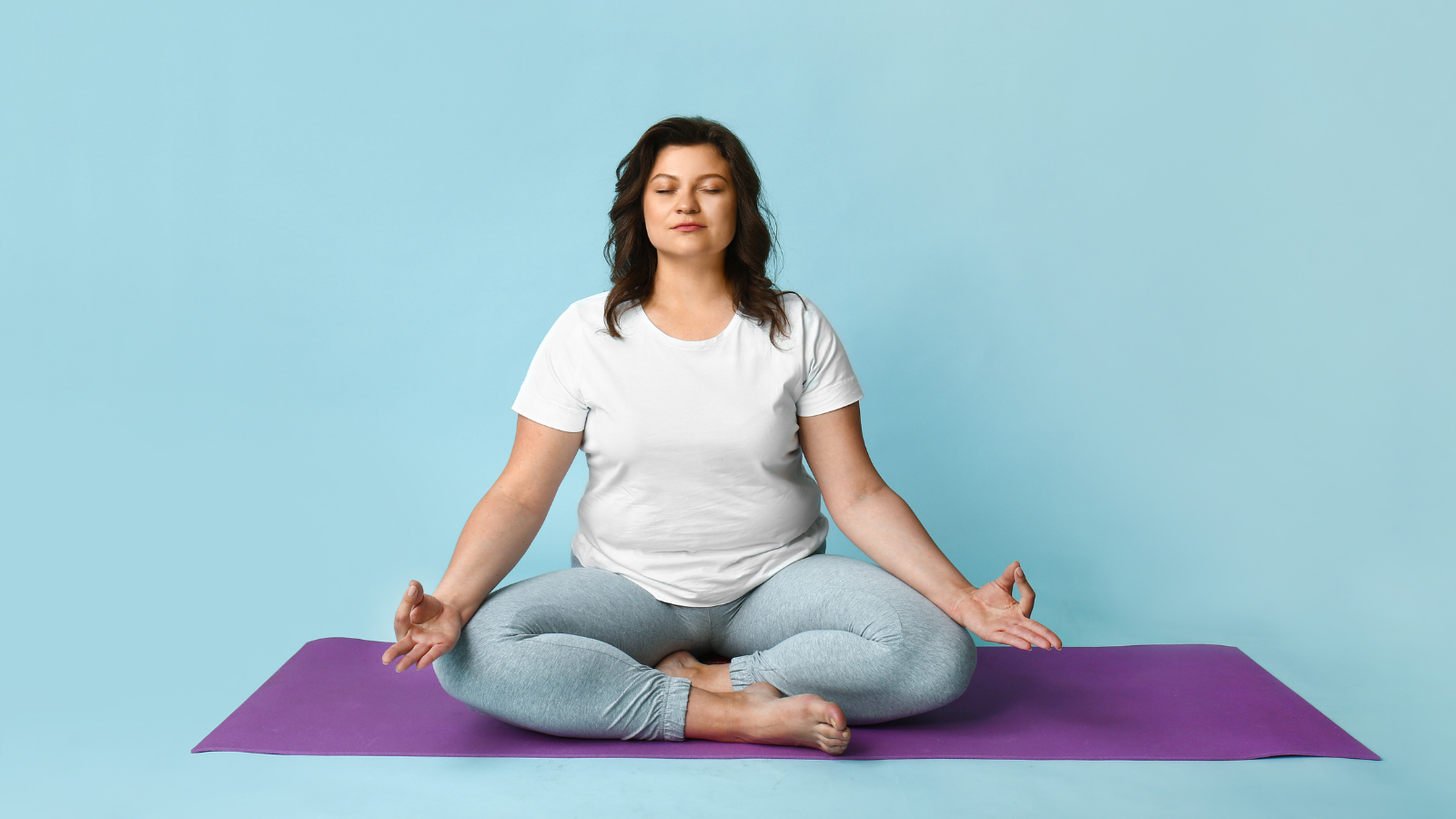
Think small: Don’t wait for the big-ticket items that may never happen, such as winning the lottery. Be grateful for the seemingly inconsequential things in your life, the sun shining through the trees, the turtle you saw on the side of the road, the sweet kiss from your toddler.
Meditate: Meditation can open your mind to new ways of looking at the world. There are so many benefits, such as decreased moodiness, positive thinking, and feelings of happiness. That can lead to a greater appreciation for what you have, i.e., feeling grateful.
Practice mindfulness. Staying in the moment makes it more likely for us to recognize when an opportunity for practicing gratitude has presented itself. If we’re always looking ahead to what might be, we miss the moment that is and what it has to offer us.
Feel the appreciation first. Focusing on the specifics of what you are grateful for deepens your sincerity and makes your gratitude more authentic rather than just lip service. You can say, “I’m happy the sun is shining today.” But if you really want to feel grateful for the sun, consciously feel how it warms your face and notice the sun-dappled path.
Fake it till you make it. Sometimes we just don’t have it in us to feel grateful. Maybe life has been beating us down in a series of circumstances. We shouldn’t—can’t—ignore what’s happening to us or around us. There are times when we just have to search extra hard for that one little thing we can be grateful for, no matter how minute or mundane it might seem. This could be as simple as finding a matched pair of socks! These small feelings of gratitude can keep us going, building on one another, until life starts to take a turn for the better. Feeling thankful and grateful doesn’t have to—and shouldn’t—start and stop with one day.
What are you grateful for right now?
Reprinted with permission from Danette Watt and theyogaconnection.me
 Danette Watt is a yoga teacher, writer, and fitness enthusiast. As a yoga teacher, she believes the yoga pose should fit the body and is a strong proponent of using props. She enjoys introducing people to yoga and believes everyone can benefit from a consistent practice, whether they are athletes looking for active recovery, seniors working to maintain their functional fitness, or students who want to build to a more challenging practice. Danette invites her students to consider something they're grateful for each time they meet in her class.
Danette Watt is a yoga teacher, writer, and fitness enthusiast. As a yoga teacher, she believes the yoga pose should fit the body and is a strong proponent of using props. She enjoys introducing people to yoga and believes everyone can benefit from a consistent practice, whether they are athletes looking for active recovery, seniors working to maintain their functional fitness, or students who want to build to a more challenging practice. Danette invites her students to consider something they're grateful for each time they meet in her class.
Featured Courses
